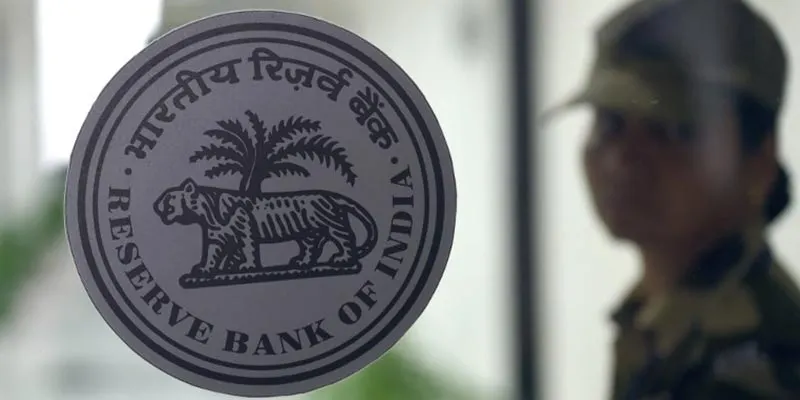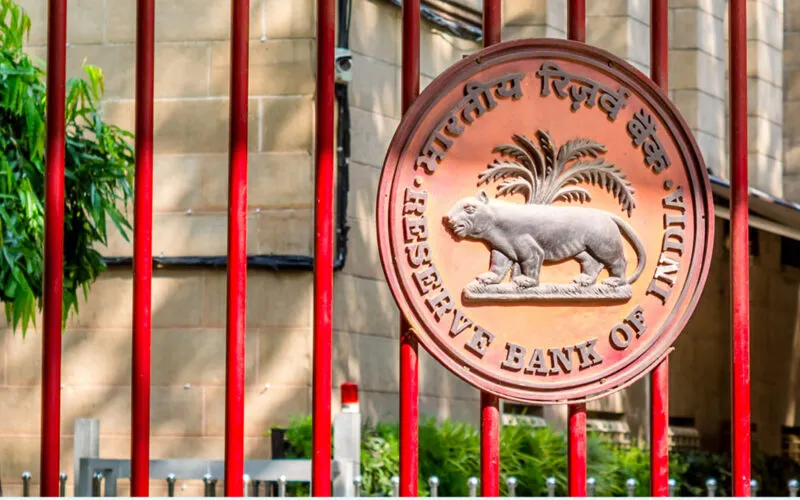In a country with a vast and diverse economy like India, it is essential to have a strong and effective central bank to regulate and stabilize the financial system. The Reserve Bank of India (RBI) plays a crucial role in achieving this goal, serving as the country’s central banking institution. As the central bank, the RBI is responsible for promoting monetary and financial stability, facilitating economic growth, and maintaining financial inclusion in India. We will go into the RBI, exploring its functions, powers, and significance in controlling India’s economy.
What is the RBI and its Functions?
The Reserve Bank of India was established on January 1, 1935, with the primary objective of acting as the country’s banker and monetary authority. The RBI is responsible for managing the country’s foreign exchange reserves, regulating the banking system, and providing liquidity to the financial system. Some of its key functions include:
* Issuing and managing currency
* Regulating and supervising banks and financial institutions
* Maintaining financial stability and stability of the foreign exchange market
* Acting as the government’s banker
* Providing credit to the government
The RBI’s Regulatory Role: Guiding the Financial System

The RBI plays a crucial role in regulating and supervising the financial system in India. It sets monetary policy guidelines to promote economic growth, maintain price stability, and ensure financial stability. The RBI also regulates the country’s banking system, setting parameters for lending, capital adequacy, and risk management. Additionally, the RBI supervises and monitors non-banking financial institutions, such as microfinance institutions and pension funds, to ensure they operate in a safe and sound manner.
Monetary Policy and Its Impact on the Economy
The RBI has significant influence over the Indian economy through its monetary policy decisions. The bank can increase or decrease the money supply by adjusting the interest rates, reserve requirements, and open market operations. This helps to control inflation, stimulate economic growth, and maintain financial stability. For example, when the economy is growing too rapidly and inflation is rising, the RBI may increase interest rates to slow down the economy and curb inflation. Similarly, when the economy is facing a recession, the RBI may lower interest rates to stimulate growth.
The Reserve Bank of India is a vital institution in the Indian economy, playing a crucial role in regulating and stabilizing the financial system. The RBI’s functions and powers enable it to manage the country’s foreign exchange reserves, regulate the banking system, and provide liquidity to the financial system. Its monetary policy decisions have a significant impact on the Indian economy, influencing inflation, economic growth, and financial stability. By understanding the RBI’s role and functions, we can appreciate the importance of a strong and effective central bank in achieving financial stability and economic growth in India.


